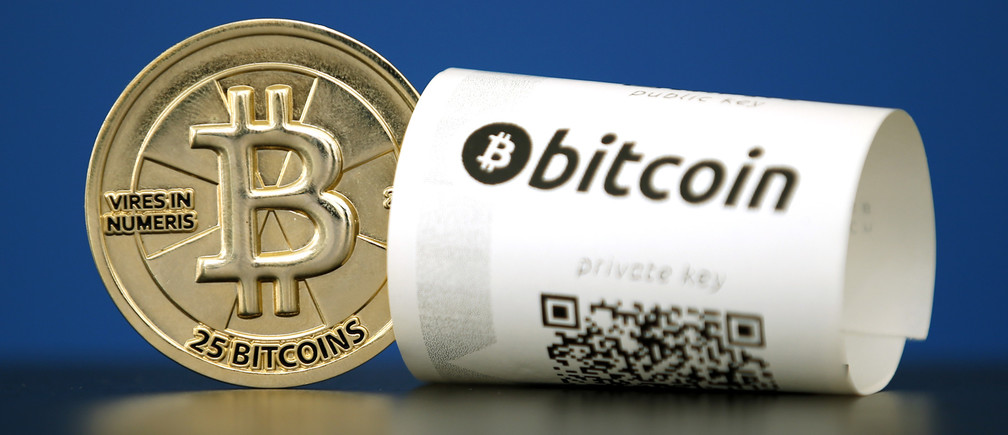What is Bitcoin
In 2010, financial history was made when someone bought a pizza. If you haven’t heard about this groundbreaking event, don’t worry, you're not the only one.
The pizza wasn’t the important part of the transaction - it was what was used to pay for it. The meal cost 10,000 bitcoins and was the first time the virtual currency was used to buy something in the real world. The day is now celebrated every year by bitcoin enthusiasts as Bitcoin Pizza Day.
Things have come a long way since then. Bitcoin’s use and value have soared. If that diner had held onto those 10,000 bitcoins they may not have made history, but they would be around $20 million better off today.
In March this year, the price of one bitcoin climbed above the price of one ounce of gold for the first time.
Bitcoin’s increasing value is due to the fact that its popularity has rocketed in recent years. In 2009, there were fewer than 10,000 transactions in bitcoin. By January this year that number had trebled. Analysts put this down to the fact that investors think it will hold its value better than some other investments, as well as the fact that it has become increasingly popular in Asia.
Image: Blockain.info
What is it?
But let’s take a step back. What is bitcoin?
It’s a cryptocurrency, which means it exists only in the digital world.
It was developed in 2009 by someone – we still don’t know who for sure – using the name Satoshi Nakamoto and is based on a payment system that allows one person to pay another, without the need for any middle parties, such as banks.
There is only a limited number of bitcoins in circulation and new bitcoins are created at a predictable and decreasing rate.
How does it work?
A person holds their bitcoins in a bitcoin wallet - in a mobile app or computer - and can send and receive bitcoins through it.
They get the bitcoins in the first place by accepting them for a good or service, or from an exchange, where they swap real money for bitcoins at the prevailing exchange rate.
Every bitcoin user has their own address - a bit like a bank account number - and controls all the bitcoins coming in and out of that address.
The bitcoin transactions run on a system called blockchain. This is a public ledger, which holds a record of every single transaction.

Hi! I am a robot. I just upvoted you! I found similar content that readers might be interested in:
https://www.weforum.org/agenda/2017/05/what-is-bitcoin/
Botcpon is new money